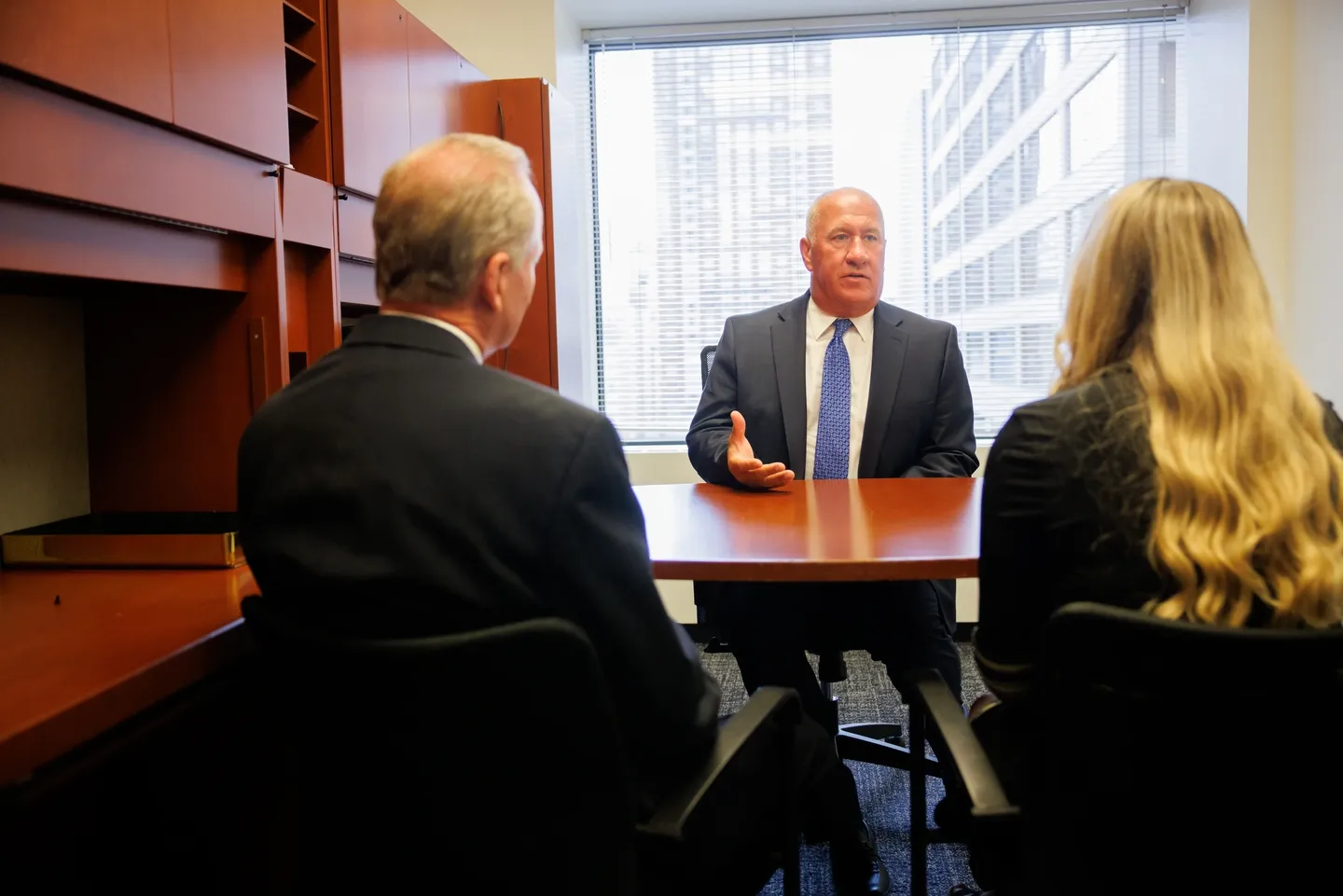Non-Binding Mediation
Mediation is a mechanism in which parties to a dispute, often in the final stages of litigation before trial, seek to have someone evaluate the case from a neutral perspective in an attempt to bring the parties together to effectuate a settlement. It is generally non-binding, although binding mediation can be effective in the right circumstance. Mediation is a more informal, yet effective way to resolve disputes before incurring the significant costs of securing live or videotaped expert testimony. It also avoids the unpredictability of a jury trial.
I am very proud of my record in securing settlements through mediation. Like everything, I put a great deal of effort into settling cases at mediation. On average in any given year, my success rate in mediating cases to settlement is between 90-95%.
In advance of the mediation, counsel prepare and submit documents, memoranda, and other proofs in support of their client's respective positions, and I review those materials in advance of the mediation. At the mediation, the plaintiffs themselves attend along with his/her counsel, as does the defense attorney and a representative from the defendant who has settlement authority, typically a claims adjuster or regional supervisor.
I generally have all the parties greet each other and talk informally about how the mediation will proceed. I then separate the parties and begin the mediation. I typically will meet with counsel for the plaintiff first and have him/her outline for me any additional considerations which are not necessarily reflected in the submitted materials. From there, I will meet with defense counsel and the defense adjuster/supervisor to obtain their perspective.
The back-and-forth nature of the mediation and the length of the mediation will vary depending on the issues involved, the complexity of the case, and the relative settlement position of the parties.
I have mediated countless disputes. In most instances, I am successful in ascertaining and conveying the relative strengths and weaknesses in the parties' positions. This often proves invaluable in brokering a settlement.
From the plaintiffs' perspective, uncertainty and the unpredictability of a jury verdict is avoided. Similar considerations inure to the defense, which also avoids the risk of a "runaway jury" or a verdict in excess of any applicable insurance policy limits. In the end, it is a closed file for everyone.
I encourage the defense to have Releases on-site so that the final process of closing the file can be expedited.
Lately, and to the extent that any mediations are conducted virtually through Zoom, I provide the parties with the opportunity to memorialize the settlement through an on the record recorded colloquy. I simply outline the settlement agreement between the parties, secure that the terms of the settlement are fully agreed to, understood, and attested to by the parties and then I provide that video clip to the parties so that there is no confusion later as to the terms of the settlement.
